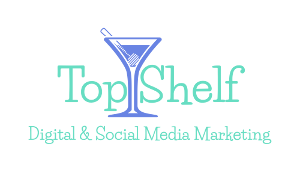Ken Mueller wrote a very open letter to Mark Zuckerberg requesting that Facebook stop tweaking their newsfeed algorithm and let users shape their own experience. I personally think Mueller makes some great arguments as to why this is a win-win situation for everyone – users, businesses, Facebook, etc – and I encourage you to read the letter in it’s entirety.
What sparked the latest flare up in the Google+ v. Facebook debate was a post by Mueller in the comments section of his blog. Mueller said, “I still think you can do a lot more on FB due to the sheer number of people. My clients’ customers aren’t on G+, at least not as regular users. And they don’t want to be. Most people, I think, still want to be on FB.”
People went on to comment that their client base was engaging just fine on Google+, an article was written supporting Google+ over Facebook as the social media marketing platform of the future (Google Plus vs Facebook: Why G+ Should Dominate Your 2014 Marketing Strategy), and debate among social media specialists sparked anew.
What I can’t understand is why anyone would suggest that Google+ dominate your 2014 social media marketing strategy. We call it a “marketing mix” for a reason!
Mueller never goes so far as to say that Google+ isn’t a strong platform, he merely says he isn’t going to abandon Facebook because his clients’ target audience is more engaged on Facebook than Google+.
I can related to that! My experience with Google+ has been very challenging to say the least. Although I have many friends who are registered with the G+ platform, most of them continue to use only Facebook to connect with each other.
Even still, as a marketing professional with some knowledge of search engine optimization, I think it’s pretty intuitive that Google will favor Google+ engagement in it’s search engine results pages. In fact, there is already proof that this happens, some of which is mentioned in the Google Plus v. Facebook article. I encourage my clients to incorporate Google+ into a robust integrated marketing social media strategy that includes other platforms such as Facebook, Twitter, LinkedIn, etc. With a holistic marketing strategy in place, we see the greatest return on our
